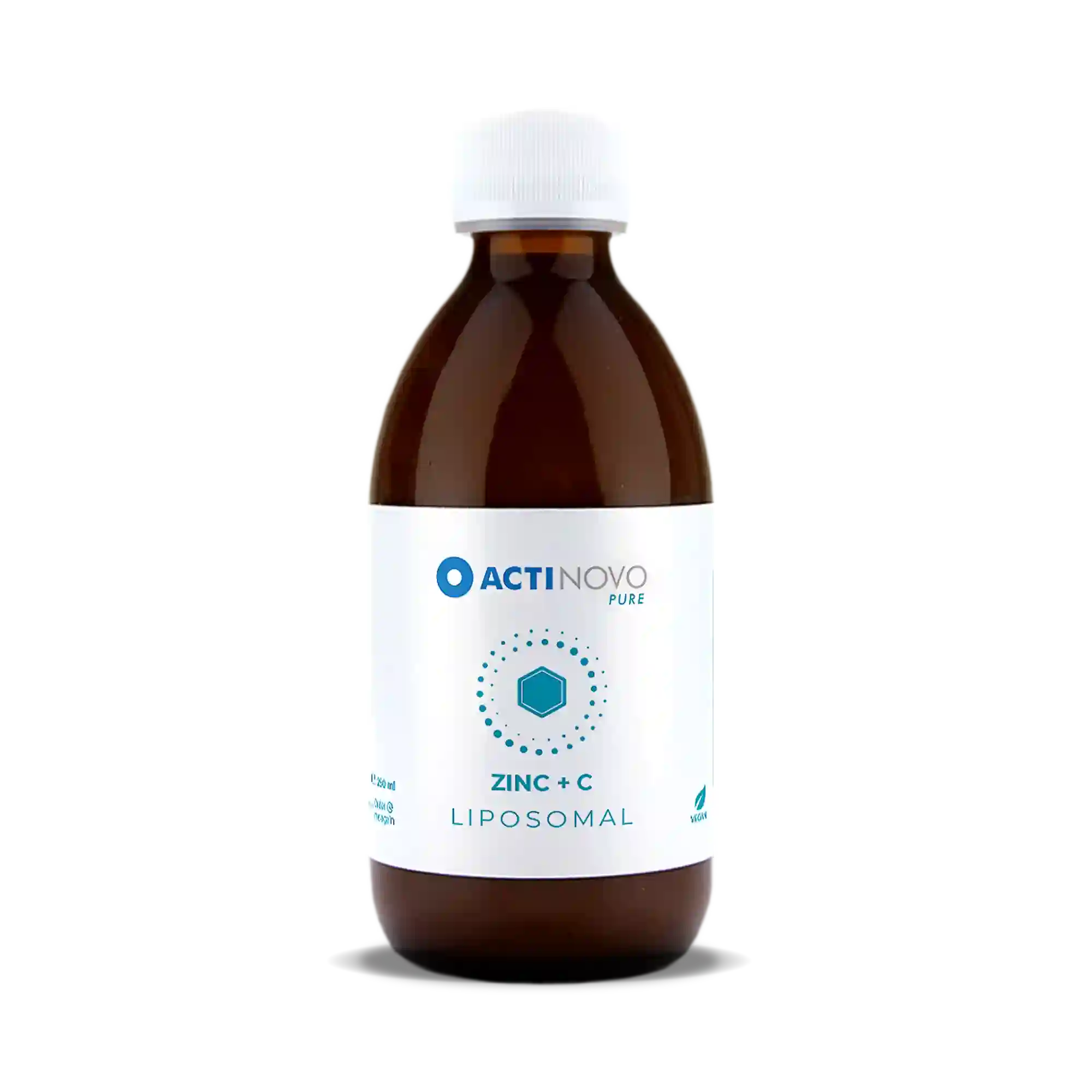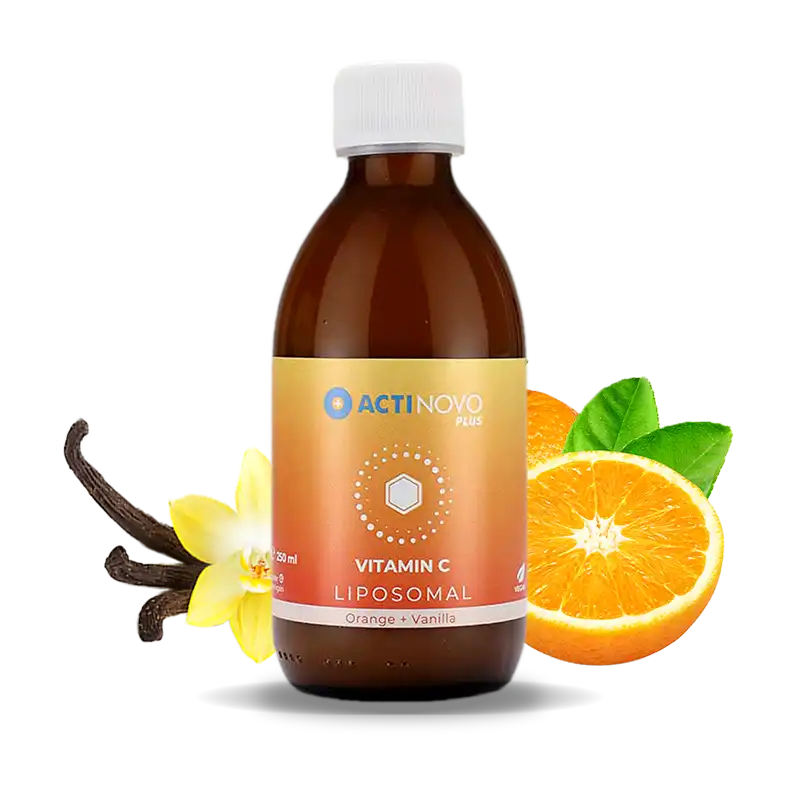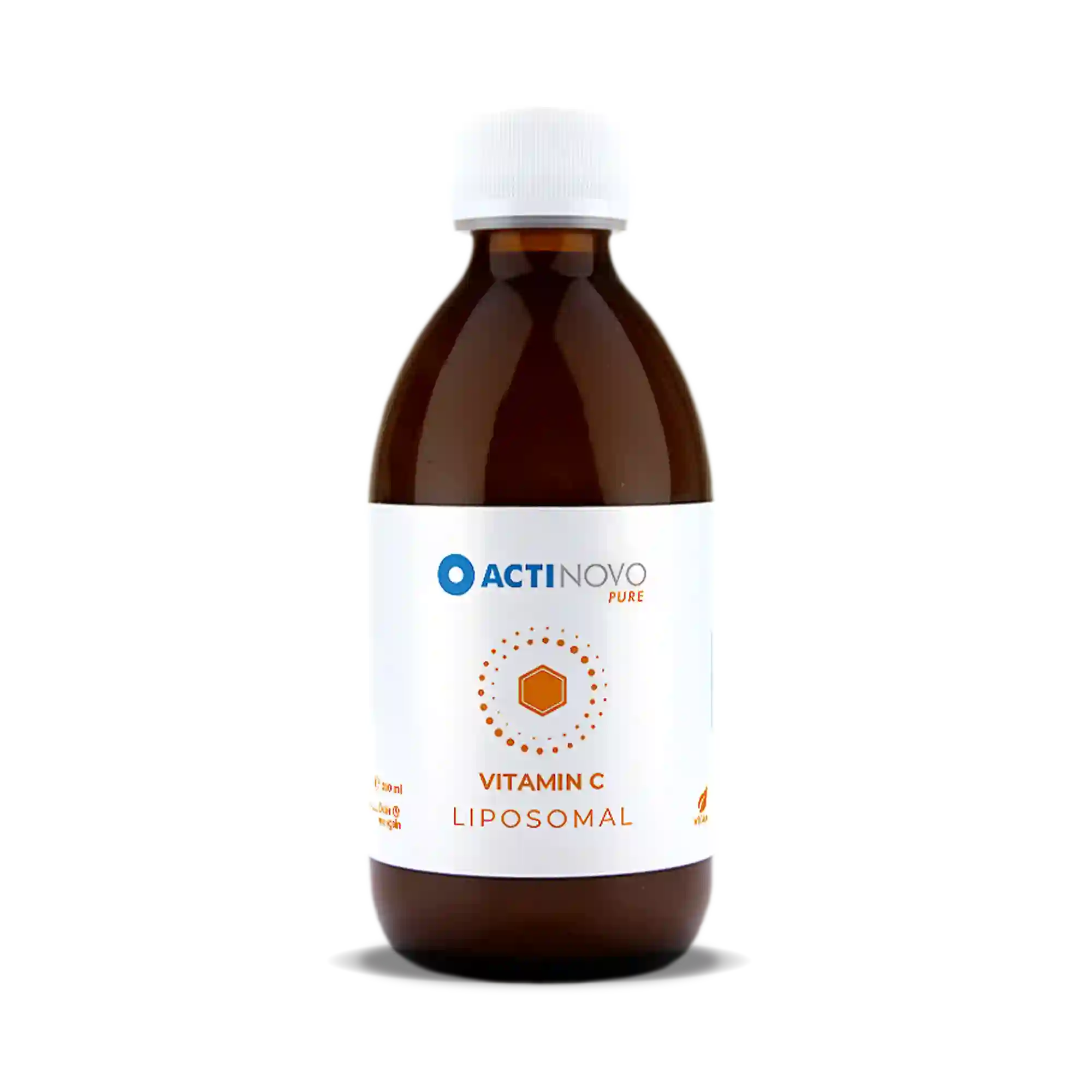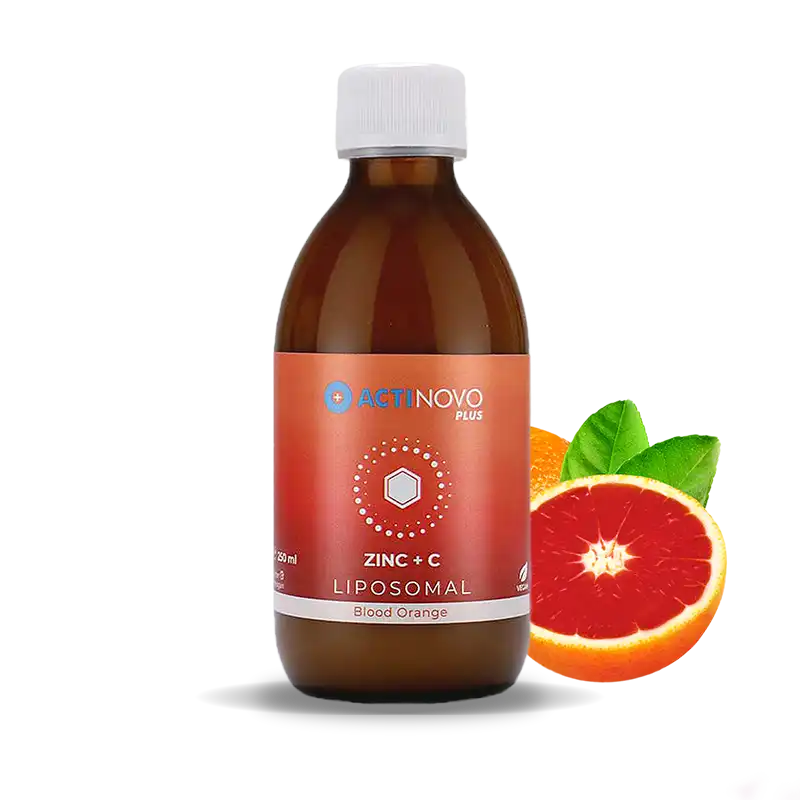
Is high-dose vitamin C an anti-cancer drug?
Ascorbic acid is therefore essential for a healthy body.
But: Does the vitamin have a preventive or even healing effect on diseases?
For some time now, there has been an unconfirmed belief that vitamin C can be used against cancer.
Particularly in the USA, highly concentrated intravenous vitamin C has already been advertised by various suppliers.
The only approved treatment methods for tumor diseases are operation, chemotherapy and radiation therapy.
Suppliers of the vitamin C "remedy" put patients at risk by promising what they may not be able to provide. There is no clinical data to confirm effective treatment with high levels of the vitamin.
However, it is interesting to assess the thoughts behind this claim systematically.
Because although it should not be used for treatment, vitamin C still has proven beneficial for our health.
So where does one draw the line and what has actually been studied?
Background of the treatment with vitamin C
The preventive effect of vitamin C on chronic diseases can be attributed to its antioxidant properties and the support of a healthy immune system.
It is also suspected that vitamin C may have an antiproliferative effect on cancer cells in very high concentrations4. This means that vitamin C influences the ability of tumor cells to multiply.
It has also been observed that very high doses of vitamin C can make cancer cells more sensitive to certain cytostatic agents5. Both of these points affect the cell division of cancer cells and might slow down growth. Which hasn't been proven in humans.
Chemotherapies have massive side effects that weaken the patient because they are designed to combat fast-dividing cells, which include cancer cells as well as cells of the immune system that are also destroyed by the therapy.
In order to curb the side effects of chemotherapy, vitamin C was tested as a complementary therapeutic and was able to reduce the toxicity of some chemotherapeutics in animal experiments, but above all to support the immune system6,7.
Chemotherapy and vitamin C deficiency
In general, tumor patients easily get a vitamin C deficiency due to their altered metabolism8. The low serum concentration of the vitamin in cancer patients, despite adherence to the recommended daily dose, could be caused primarily by the increased need.
During cancer treatment, there is a massively increased consumption of the antioxidant for the detoxification of reactive oxygen radicals, which are formed during surgery, chemo, and radiation.
Oxidative stress and wound healing thus consume a great deal of vitamin C to keep the body in balance despite the high stress9,10,11.
Why the FDA banned intravenous vitamin C in America
The FDA is the US Food and Drug Administration under its Department of Health. At the end of 2010, this agency sent a reminder to the Californian company McGuff, which at that time manufactured intravenous vitamin C preparations, demanding that production be discontinued. At first, there were massive outcries.
So what happened?
The FDA is investigating whether drugs are marketed without their prior approval. To be approved there needs to be an examination of safety and efficacy.
In contrast to conventional vitamin C preparations, which are bought and used to compensate for deficiencies or to support health in stressful situations, the intravenous variant is a drug. It's marketed as remedy. But this use is not confirmed.
The verdict: the preparations, which are highly concentrated, are not designed for diffuse health care, but "were meant to treat a disease which should neither be self-diagnosed nor treated without a therapist "12.
The FDA does not rule out efficacy forever. It merely protects patients from an unconfirmed treatment method that may be ineffective or even pose additional risks.




